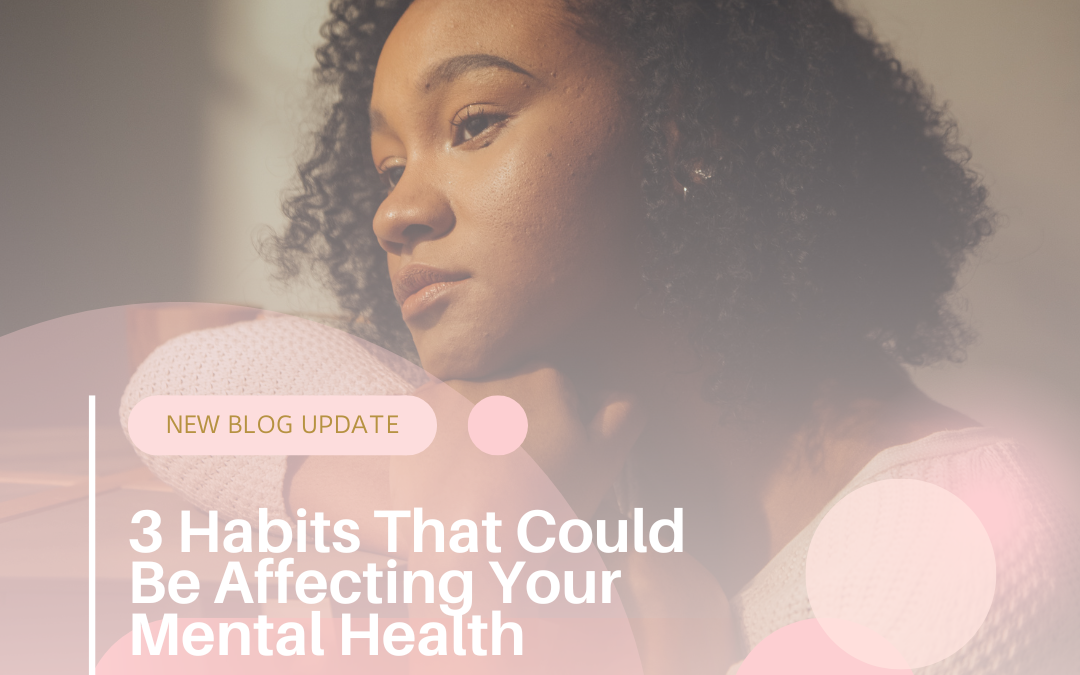Sleep has a significant impact on your mental health, influencing your cognitive abilities, mood, and behavior. A lack of sleep can increase your risk for anxiety and depression, while also making it harder to focus, solve problems, make decisions, remember things, and manage your emotions. To improve your sleep, try maintaining a consistent sleep schedule, keeping your bedroom cool and dark, and engaging in a relaxing pre-bedtime activity like reading or taking a warm bath.
- Lack of Physical Activity
In a hectic world, finding time for exercise can be challenging, but staying active is essential for both your physical and mental health. Regular exercise has been shown to reduce the risk of depression, making it an important part of a healthy lifestyle.
- Excessive Social Media Use
While social media has its benefits—helping you stay connected and informed—spending too much time online can contribute to anxiety and depression. To limit screen time, try setting timers, turning off notifications, or removing social media apps from your phone.
Take Steps to Improve Your Mental Health
Beyond breaking these negative habits, one of the most effective ways to improve your mental well-being is by speaking with a therapist. Our skilled team is here to help. After understanding your unique situation, we’ll offer tailored advice to help you replace harmful habits with positive ones. Contact us today to schedule your first appointment and begin your journey to better mental health.


Recent Comments